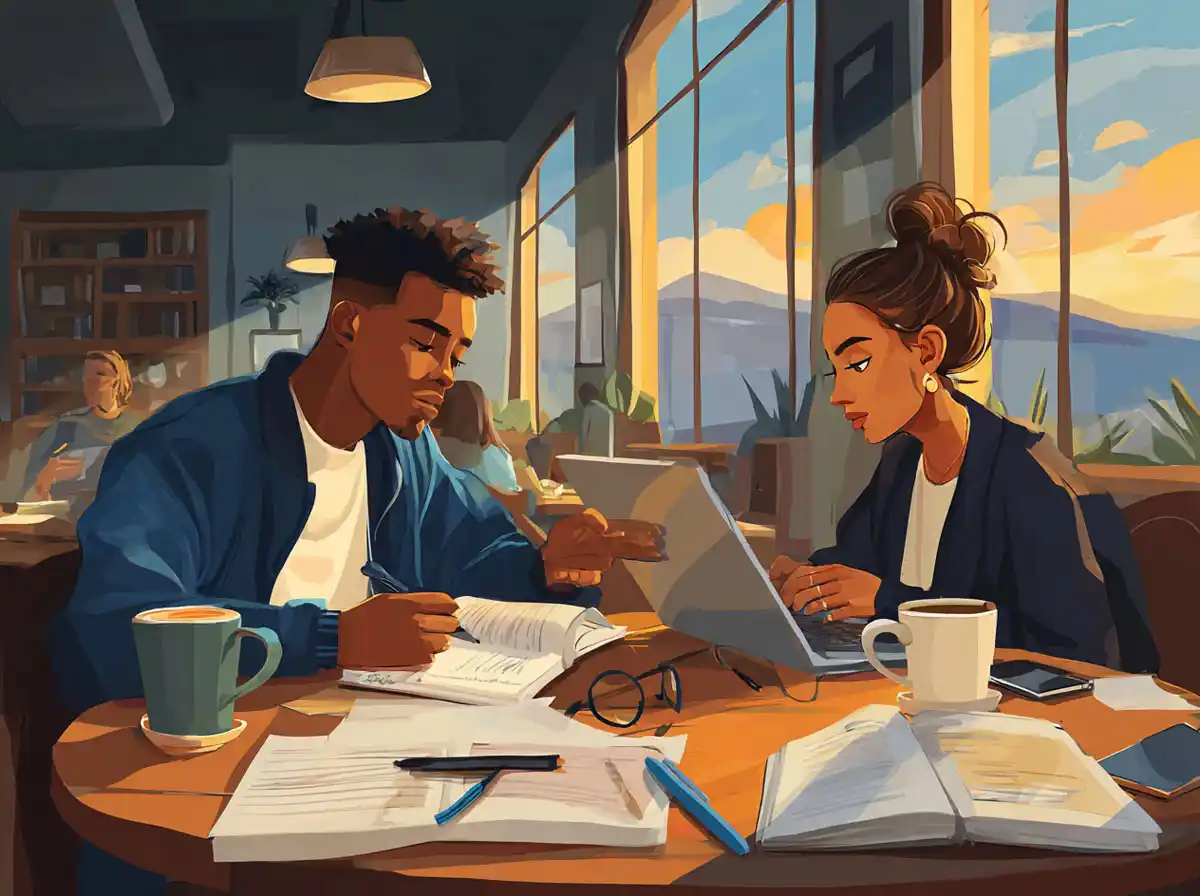Exercise 1: Conjunctions in Everyday Situations
1. I wanted to go to the party, *but* (opposite) my parents said I had to stay home and study.
2. She loves playing the guitar *and* (addition) singing in a band.
3. It’s raining outside, *so* (result) we decided to stay in and watch a movie.
4. He was hungry, *yet* (contrast) he didn’t eat anything for hours.
5. I can’t decide whether to wear the red dress *or* (choice) the black one.
6. She didn’t have enough money to buy the shoes, *nor* (negative) did she really need them.
7. You can either cook dinner at home *or* (alternative) we can order takeout.
8. He’s not only a talented musician, *but also* (addition) a great actor.
9. She wanted to travel to Europe, *for* (reason) she had always been fascinated by its history.
10. I’ll give you a ride to the store *if* (condition) you promise to help me with my homework later.
11. She was late to the meeting *because* (reason) she got stuck in traffic.
12. *Although* (contrast) the weather was bad, they still managed to have a great time at the picnic.
13. Take an umbrella with you *in case* (possibility) it rains later.
14. He wanted to go for a run, *however* (contrast) he had to finish his work first.
15. She is good at math, *whereas* (contrast) her brother excels in literature.
Exercise 2: Conjunctions in Academic Contexts
1. Researchers conducted several experiments *in order to* (purpose) test their hypothesis.
2. Some people believe that technology has improved our lives, *while* (contrast) others argue that it has caused more harm than good.
3. There is a growing body of evidence that supports the benefits of exercise, *yet* (contrast) many people still lead sedentary lifestyles.
4. Global warming is a serious issue, *and* (addition) it requires immediate action from governments and individuals.
5. Education is important not only for personal development, *but also* (addition) for the progress of society as a whole.
6. Some students prefer to study individually, *whereas* (contrast) others work better in groups.
7. Learning a foreign language can be challenging, *but* (opposite) it is also very rewarding.
8. She failed the test *because* (reason) she didn’t study enough.
9. Although* (contrast) he didn’t have any previous experience, he was still offered the job.
10. He completed his master’s degree, *and then* (sequence) he started working on his PhD.
11. It is essential for people to get vaccinated *so that* (result) the spread of infectious diseases can be prevented.
12. He was a brilliant scientist, *however* (contrast) his ideas were not always accepted by his peers.
13. She studied hard *in order to* (purpose) pass the exam.
14. Take notes during the lecture *so* (result) you can review them later.
15. He didn’t get the job, *nor* (negative) did he receive any feedback on his application.










